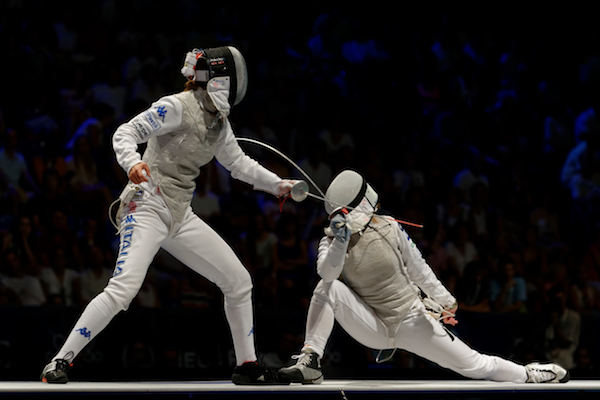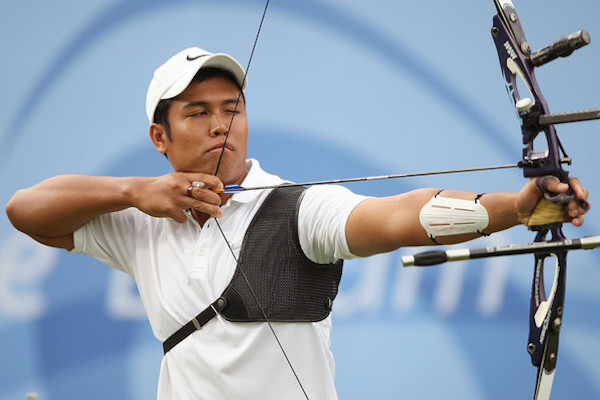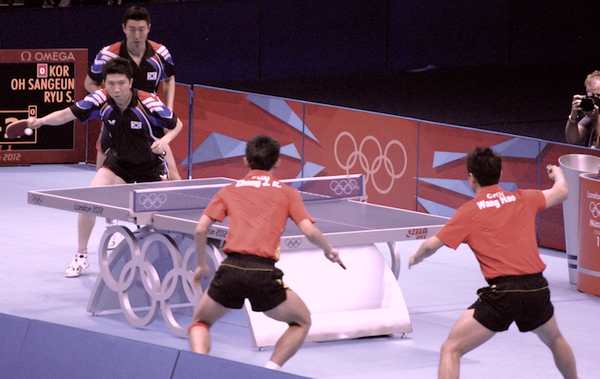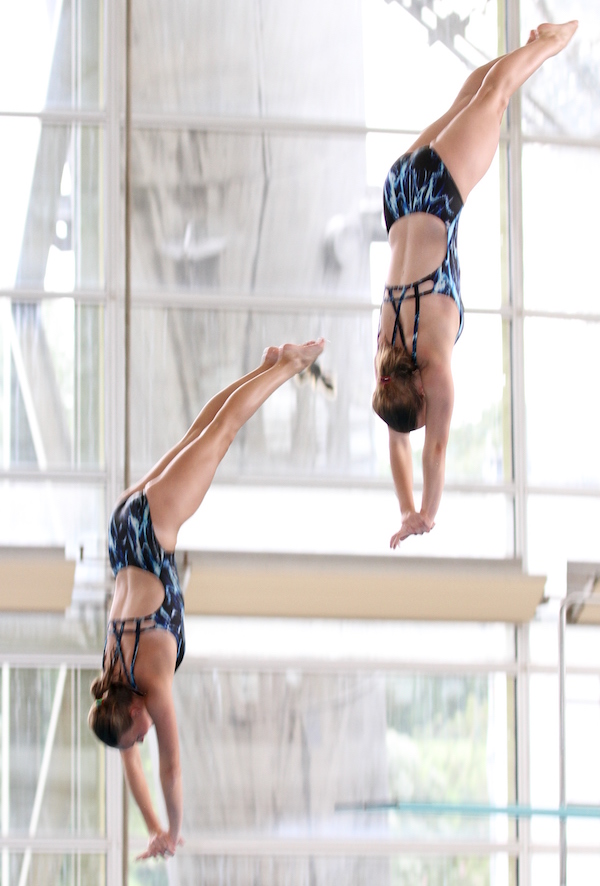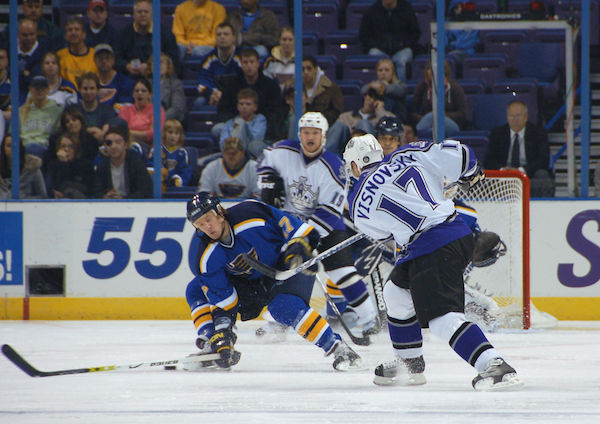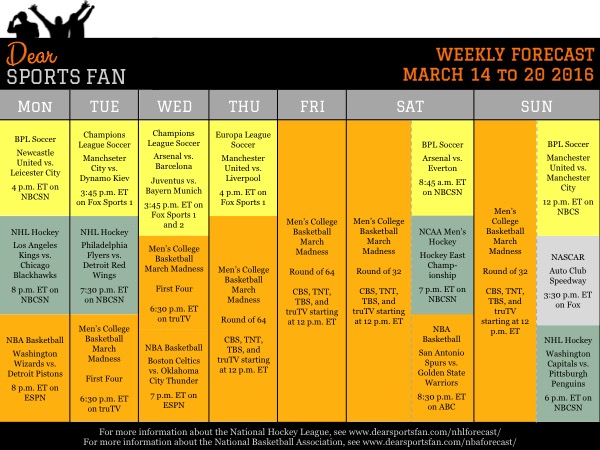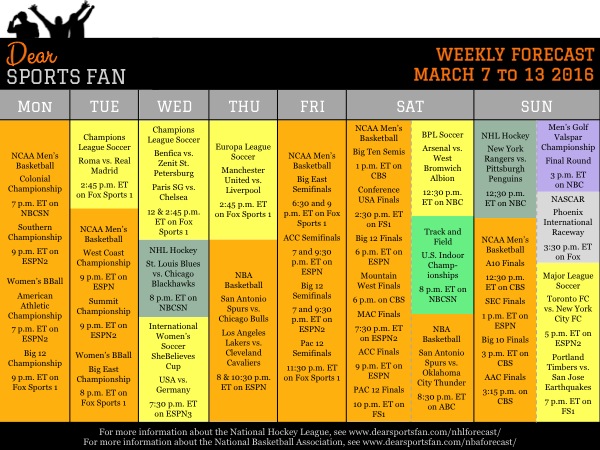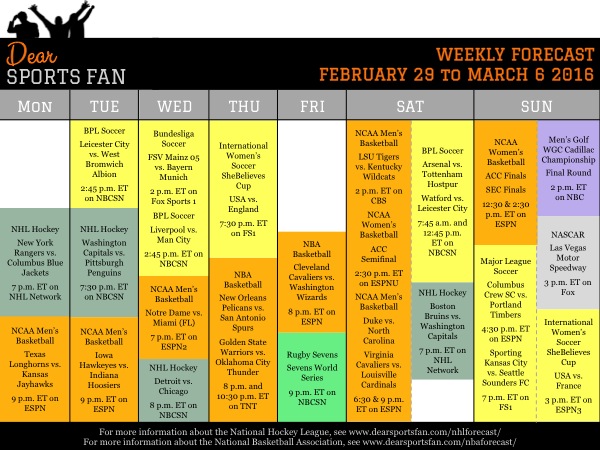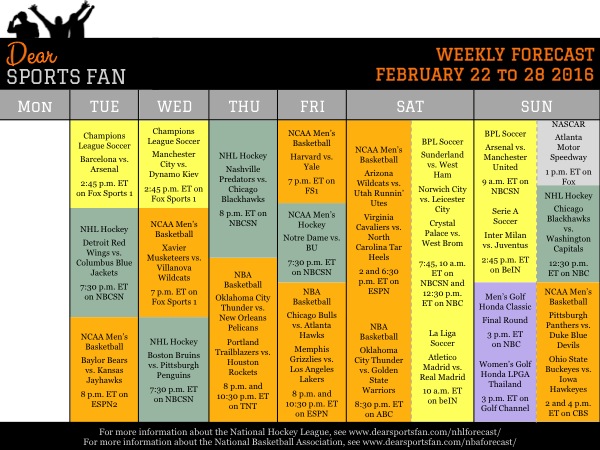All About Fencing
Fencing is what happens when a type of fighting, in the process of becoming obsolete, takes a detour and goes down the road of extreme codification that leads inevitably to sport. Fencing is sword fighting with unfathomably complicated rules where no one gets hurt.
How Does Fencing Work?
As you might figure, the point of fencing is to hit the other person with the pointy end before they hit you. (Shout out to all my Game of Thrones peeps out there.) The problem is, Olympic level fencers quite often hit each other at virtually the same time. One solution to this is to put electronic sensors in the swords and the clothing of the fencers. That way, a computer can figure out who hit first when the swords are moving too fast for the eye to see… which is almost all the time. Unfortunately, even electronic sensors can’t tell a lot of the time. So, a complicated set of rules was invented. Without delving too far into these, it’s safe to say that the rules generally favor the more aggressive fencer. If one fencer is on the attack, they will get the point when there is a simultaneous hit.
Why do People Like Watching Fencing?
There’s little doubt about the popularity of sword fighting as a spectator sport. Fencing, on the other hand, is a little more challenging. I imagine a lot of people tune in to fencing to see swashbuckling of the sort they are used to seeing in television shows or movies. You know what I mean, attractive muscly people swinging swords slowly at each other and sustaining attractively placed shallow cuts on just the right parts of their faces or arms. Olympic fencing is not that. The swords often move too quickly to see, and hits happen so fast and simultaneously, that unless you’re an expert in fencing and have amazing eye-sight, you probably can’t see them. Instead of watching the swords, spend some time watching just the feet and legs of the fencers. Divorced from their upper bodies, fencers lower bodies look as though they are engaged in an athletic, balletic, and deadly dance.
Check out some highlights from the 2012 Olympics:
What are the different events?
Fencing has three disciplines, each tied to a different weapon with different rules. Foil has skinny, flexible swords that you can only score with if you hit the point of the blade on the torso of an opponent. Sabre has a slightly shorter, lighter blade with a larger hand-guard. This is because the entire weapon, not just the point, may be used to strike at the entire upper body of an opponent. Epee blades are heavier and stiffer. Epee is kind of a throw-back event, the closest to “real” sword fighting. The entire body is a target, and, unlike in the other two events, there are no right-of-way rules. In epee, if two fencers hit each other too closely to tell who was first, both get a point. There are also team events. In 2016, men will have a team competition in foil and women in sabre.
How Dangerous is Fencing?
Fencing has freak accidents, like any other activity, but unless a sword breaks it is relatively safe. Fencing outfits may be reinforced slightly, but sabre and especially epee fighters just get used to bruising. It may not be for the weak of heart, but it’s not going to kill or badly hurt anyone.
What’s the State of Gender Equality in Fencing?
Very good, at least on the surface. Inclusion of women’s events in the Olympics were a long time coming, but they are here now. Don’t worry about the weird and non-matching team competitions. The Olympics won’t give fencing more medals, so they rotate through the different events for team competitions from one Olympics to the next.
Links!
Bookmark the full Olympics schedule from NBC. Fencing is from Saturday, August 6 to Sunday, August 14 with medal events every day!
Read more about diving on the official Rio Olympics site.

